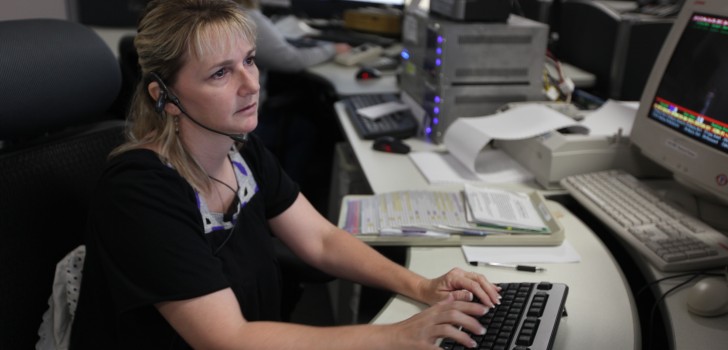Emergency 911 phone calls have been increasing because people are accidentally calling the number.
In San Francisco, there was a 28% increase in 911 phone calls between 2011 and 2014. This increase was largely the result of people “butt-dialing” the number.
One study took place where researchers sat next to 911 operators and noted the reason for the call. The results showed that 30% of the calls were from people accidentally dialing the number on their mobile phones.
This is particularly dangerous, since the 911 dispatcher is unable to tell if the phone call was a mistake or someone trying to call for help. The phone operator has to call the person back in order to determine the cause for the call.
On average, it took one minute and 14 seconds to realize that the call was an accident.
A survey of 911 dispatchers showed that 80% of workers believe that having to retrace these calls is overly time-consuming. Additionally, 39% went as far as to say that it was the “biggest pain point” contained in the job.
In the United States mobile phones are mandated to have the ability to place an emergency phone call without having to unlock it. However, this has often led to accidental phone calls.
The United States Federal Communications Commission (FCC) estimated that as much as 50% of all calls from mobile phones are accidental. Using this statistic would mean that roughly 84 million 911 calls every year were placed by accident.
The results are that resources are wasted, the cost of emergency services increases, the morale of 911 operators is depleted and legitimate 911 calls are more likely to be delayed.
In the United Kingdom, emergency services require that the caller press “55” if the operator responds to a silent phone call. This helps filter out accidental calls. However, this had led to a small number of cases where legitimate phone calls were deemed to be accidental.
Google has discussed research into making 911 calls more efficient at the Code for America Summit. However, the company says that the lack of data offered from the government of the United States makes things difficult. Many of the accidental phone calls were not registered by the dispatcher or they were dumped into miscellaneous groupings that contained situations beyond just accidental phone calls.
Researchers obtained a small sample size by sitting next to phone operators and counting. While it’s just a small sample size, it is a start.
The team said, “In order to make good decisions, you need information, and this is an important step.”
